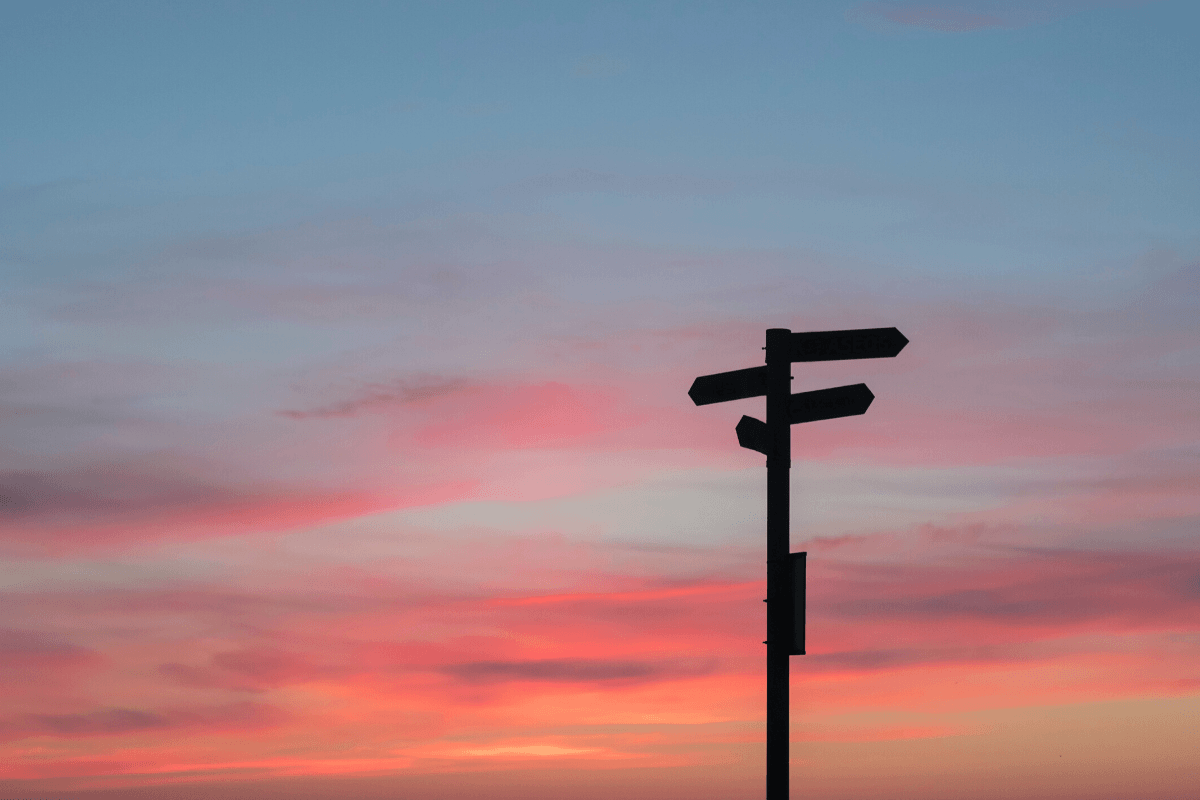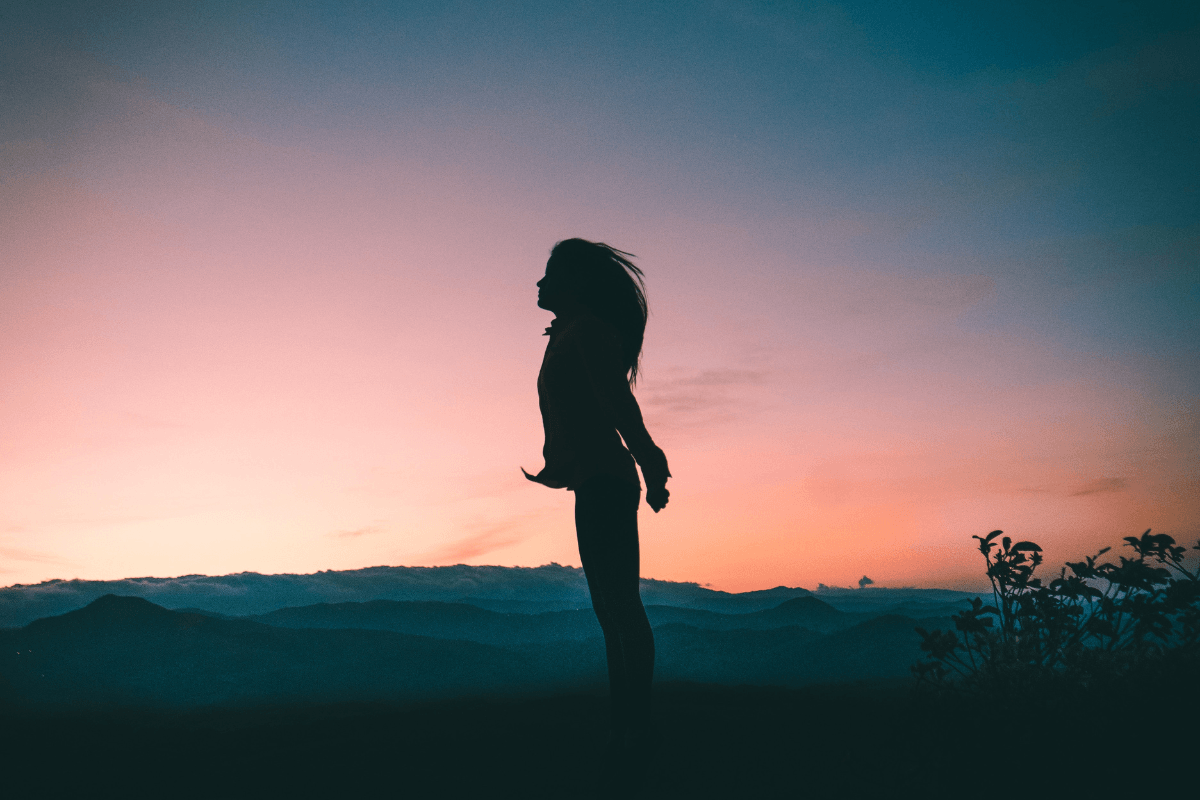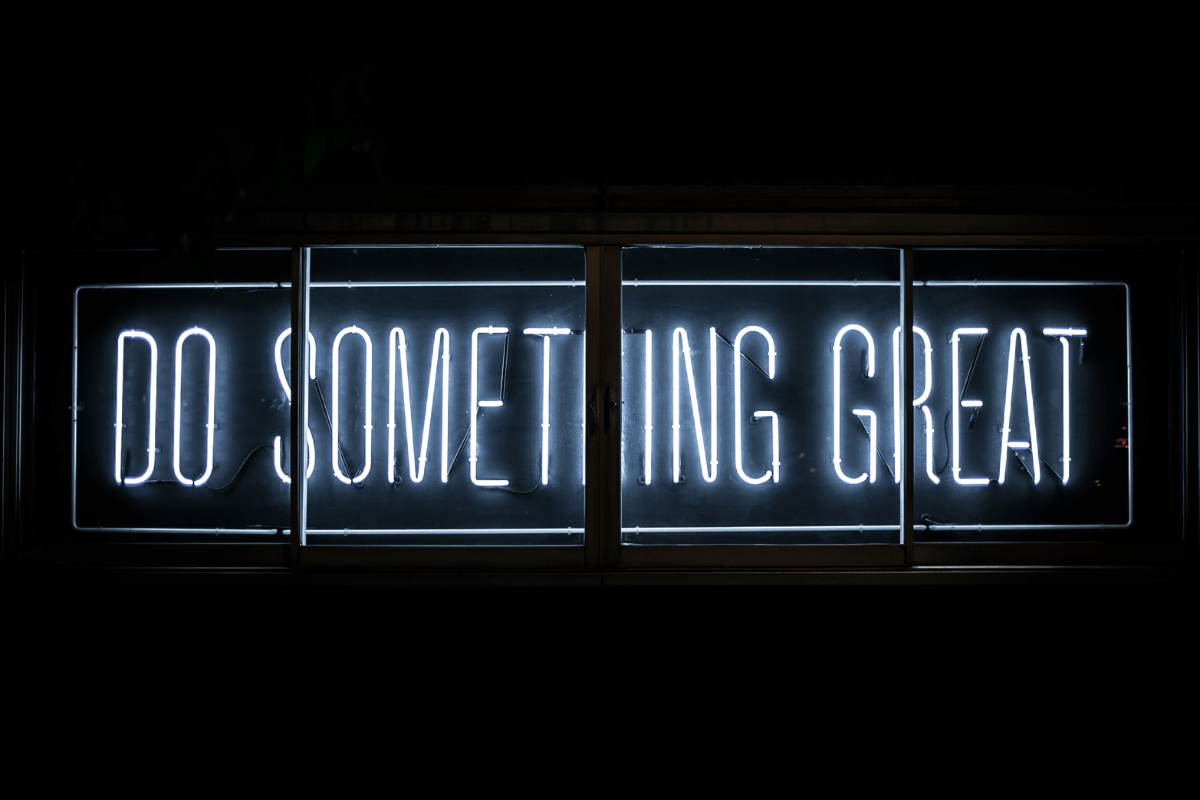Just over three months ago, we went to our offices, schools, and universities, and potentially saw hundreds of people every day.
Today, as we sit in our homes, health services and scientists all around the world are fighting against a virus that has already claimed over 400,000 lives globally. Many say that it has changed the planet forever, and are already drawing a picture of the post-COVID world.
Nothing tests existing routines and institutions like a global crisis. The COVID pandemic has abruptly highlighted concerns around populism, globalisation, health services, negative elements of life in fast-paced, dense cities, and the unjust working conditions and pay of ‘key workers’.
Essential and non-essential
We are relying on ‘key workers’ to stock our food, teach our kids, take care of our relatives, and nurse us back to health. Perhaps for the first time in decades, the distinction between ‘essential’ and ‘non-essential’ workers has become clear; people working to keep society going have suddenly been recognised for their contribution, and deemed heroes.
This recognition has intensified debate about the unjust distribution of wealth and resources. While grocery delivery drivers make £8.67 an hour, Wetherspoon tycoon and Brexiteer Tim Martin – a man worth over £44 million – laid off staff, refused to pay them during the pandemic and told them to get jobs at the Tesco supermarket chain.
The lockdown has caused a rapid global transition to a new lifestyle in line with governments’ advice. Many of these governments started providing financial support to businesses and individuals alike, showing the legitimacy of the Universal Basic Income model. COVID has also pushed conversations around the climate crisis and its proposed solutions into the mainstream. Reduced production and transport have caused air and water pollution to temporarily plummet, hammering home the severity of their business-as-usual effects.
If the West returns to business as usual after the lockdown, as China has, pollution (which kills about 4.2 million people every year, according to the WHO) will spike. COVID-19 is just the latest in a series of diseases originating from the contact with wildlife that results from human activity such as habitat destruction; other zoonotic diseases include bird flu, Zika, and Ebola, and it is probable that our behaviour will give rise to further outbreaks in future. It is therefore vital that our governments implement ‘a green recovery’ strategy, and every relevant field – politics, education, healthcare, transport, and more – must be reformed.
So what can we learn from the COVID pandemic, and what can we change? Below, we look at some of the discussions this pandemic has brought to light:
Governments and Their Leaders
During this period, the public eye has naturally been on governments’ responses to the pandemic. In term, these governments have watched each other closely, assessing each other’s techniques for keeping up with rising numbers of cases, and approaches to closing borders and storing of medical equipment.
Countries such as Germany, New Zealand, Taiwan, Denmark, Norway, Scotland, Iceland, Vietnam, and South Korea experienced a low death rate thanks to their leaders taking the pandemic seriously and their prompt, appropriate reactions. Coincidentally (or not?), a large portion of these countries have female leaders, who addressed their publics with a clear message: stay home and stay safe. These countries closed their borders earlier than most, yet maintained calm and collected public demeanors.
In contrast, the “strong man politics” front is characterised by objectively poor crisis-management and crumbling leadership, with countries such as the US, the UK, Russia, Brazil, Israel, and China, using force upon their citizens, creating conspiracy theories blaming other countries, or pretending the virus is not a big threat.
Research and experience show that populist leaders are likely to remain in power for longer, negatively impacting both democracy and the public in the long term. It’s natural to wish for countries to be safer and more peaceful, under leaders capable of establishing trust between our institutions and each other. But in order for that to become a reality, political campaigns and electoral law might need to be reformed, with citizens’ assemblies and civil society organisations allowed a real voice.
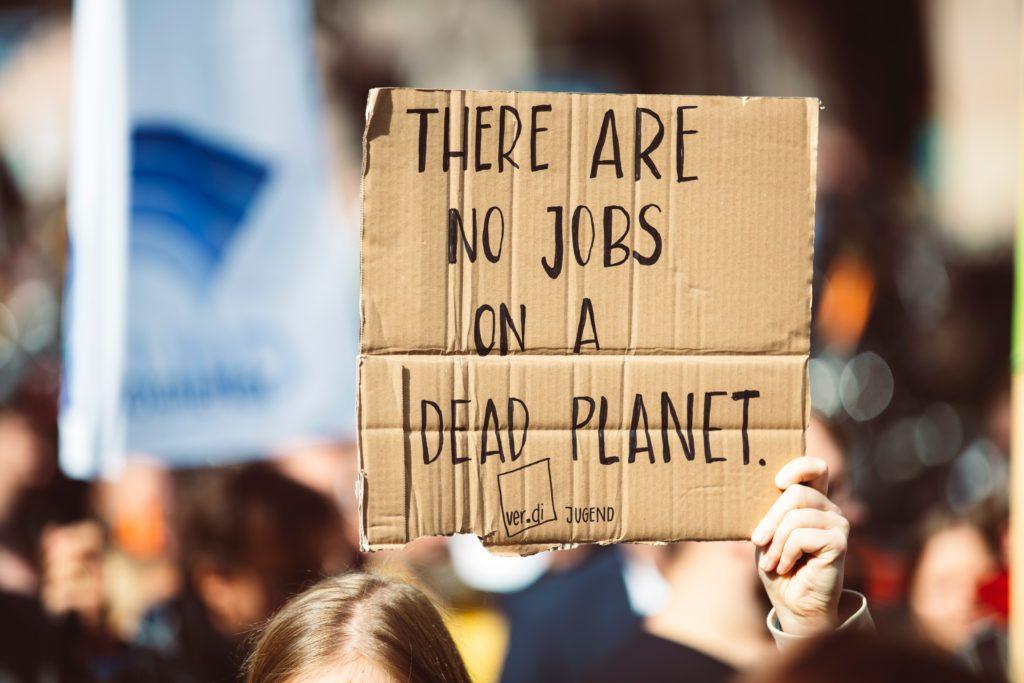
Civil society organisations that advocate for equality, human rights, and environmental protection have shown their power by campaigning, petitioning, and protesting. Well-organised and persistent protests can change history, as the Civil Rights Movement showed. In order to rebuild societies that populist leaders have damaged through segregation tactics, we need communities that are engaged in politics and which can bring diverse demographics together.
Data Privacy and State Surveillance
On a planet inhabited by almost eight billion people, science and technology are instrumental in combating a pandemic of this type. So far, mass testing of individuals has been the most effective way of containing the virus, while communication technologies allow us to stay in touch with one another, and in lucky cases maintain continued employment.
Technology can also allow information-tracking, and governments want to use this in relation to pandemics by identifying people carrying the virus, or who have been exposed to it.
In China, mass surveillance tactics are not new; its government already tracks most citizens’ behaviour, linking them to their national ID cards. The Chinese government’s firm grip on the tech industry meant that the outbreak allowed an expansion of powers. By using location data to track potentially exposed or infectious citizens, and sending alerts to those in contact with them and to the authorities, China was able to contain the virus.
However, these methods sparked fear over data protection and privacy, the main argument being that it’s incredibly difficult to subsequently make a government give up powers adopted during a crisis. Regular citizens might think they have nothing to hide, but such state powers have farther-reaching consequences – affecting journalists and activists, for instance.
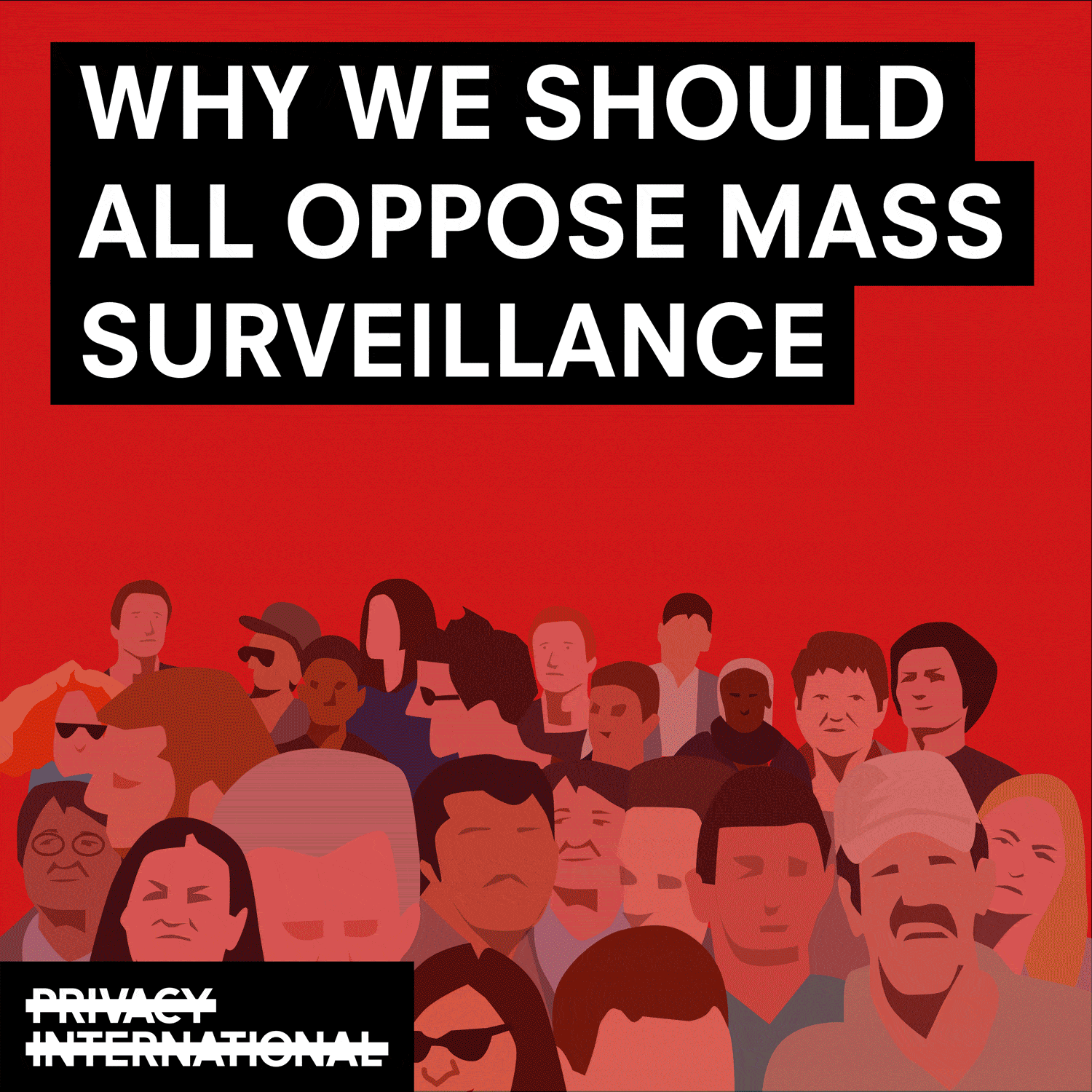
Though politicians and the tech industry assure people that their data will be anonymised and collected through mobile apps, some European countries are following in China’s footsteps regarding mass surveillance.
Once a law is passed, all subsequent governments will be able to wield these legal abilities. Information is power, especially now, so depending on your government, seemingly innocuous or irrelevant legislation could end up affecting you.
In China, it’s being used to keep dissidents under control, and Xinjiang territory has essentially become a ‘re-educative’prison for the Uighur people and other ethnic minorities. In South Korea, exposure of the identities of those with the virus led to public shaming and exclusion.
Normalising the giving away of our privacy rights in return for protection may endanger activists, whistleblowers, dissidents, opposition politicians, journalists, scientists, and more. A 2016 study also showed a tendency to self-censor when people think they are being surveilled, eroding trust towards the government and damaging free speech.
The solution seems to lie in trusting citizens to do their part by volunteering only whatever private information they choose to. This way, the power of personal data continues to belong to the public, with surrender of privacy rights becoming an act of civic duty rather than a legal requirement.
Work and Economic Growth
The economic crisis that is already poking its head around the corner will have to be dealt with by generations to come. When governments bailed out the big banks in the 2008 housing crisis, ordinary people paid the price, but the cost of this virus shouldn’t be paid by future generations.
Governments are already raking together funding for businesses, the self-employed, and the unemployed. The possibility of a Universal Basic Income (UBI) comes to mind, but Spain is currently the only country considering implementing it as a permanent solution.
In an interview with Wired, Guy Standing (co-founder of the Basic Income Earth Network) explains how UBI can provide security for both people and the economy, especially during a crisis such as a pandemic. When asked where the money would come from, Standing says, “Government data show that those tax breaks [tax relief schemes that only the wealthy individuals and corporations benefit from] cost the public exchequer £430 billion per year. You have all the money there.”
However, critics of UBI argue that it could promote laziness and increase inequality between the rich and poor.
Utopia for Realists author Rutger Bregman proposes an alternative: a negative income tax – meaning that those below the poverty level even when employed don’t pay taxes; the government pays you instead.
“This is an idea that could rally voters across the board, with something to please both the left and the right:
For the left, a world without poverty.
For the right, no more nanny state.
For the left, livelihood security for all.
For the right, an economy that always rewards hard graft.
Here’s the kicker: in terms of costs, there is absolutely no difference between a basic income guarantee and a universal basic income. The net expense of both amounts to exactly the same.”
Knowing that rent, food, and healthcare will be covered (especially during a pandemic) wouldn’t be an incentive to stay at home and do nothing; it would be a lifeline for those looking for work, studying, honing their skills, starting a new business, volunteering, or caring for others.
Nevertheless, Universal Basic Income is not the only economic proposal on the table.
Coined by brilliant economist Kate Raworth, the doughnut economic model invites reconsideration of gross domestic product (GDP). Referring to the UN’s sustainable development goals, the doughnut combines the minimum requirements for a good life with limits to the growth which harms the environment.
Raworth briefly explains here 👇
She argues that healthy economies must put people’s needs above financial growth. In which case, everyone is guaranteed housing, food, healthcare, sanitation, education, equality, and a right to vote. Not having these needs met means living in the doughnut’s hole, while the outer ring of the doughnut represents the Earth’s boundaries, preventing us from damaging the environment.
It has been announced that Amsterdam will use this model to rebuild its post-coronavirus economy.
The limitation of growth on a planet with finite resources might also allow for a more beneficial work-life balance. A four-day working week has been discussed as a solution which would cut costs, increase productivity, and promote job-sharing (decreasing unemployment), and more.
The last revolutionary change to labour rights was during the Industrial Revolution, back in the 19th century, when workers asked for a 40-hour week. Despite the internet and availability of transport and communication tools that allow tasks to be finished more quickly, working lives have only become busier, especially during the dot-com boom. Today, work-life balance is muddled by dependency on the devices which we constantly check for notifications, emails, social media, and the news.
In future, a four-day working week and remote work could provide an opportunity to reconnect with home life, hobbies, neighbours, and self-sustaining skills like cooking, baking, growing food, and more.
Globalisation and Climate Crisis
The future of globalisation may be teetering on the brink, with COVID exposing the risks of inventory and single-sourcing models. And in becoming aware of these issues, we shouldn’t rely on the quickest and easiest ways to resolve global supply-chain problems. As we are now all too aware, the deadliest dangers facing humanity – starting with pandemics and climate change – have the same culprit.
Every time global supply chains have been exposed, issues such as child labour, ecological damage, and labour exploitation have arisen in developing countries. Consumers cannot be held responsible when giant corporations fail to monitor their supply chains thoroughly to avoid such issues, or are not willing to pay more to partner with suppliers who follow fair and sustainable guidelines.
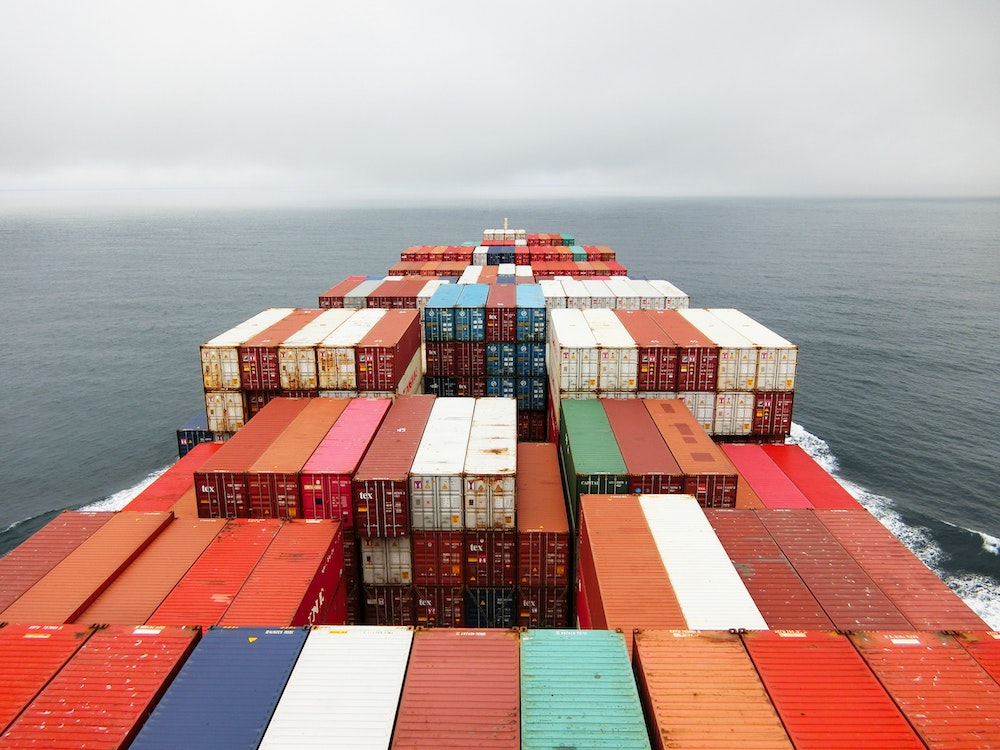
If globalisation as we know it were reinvented, it would ideally promote safer and fairer conditions for workers, and sustainable production practices in relation to the environment.
Former Non-Executive Chairman of Morgan Stanley Asia Stephen S. Roach says that despite providing economic growth in developing countries:
“Globalisation has also led an interdependent world to an unfortunate fixation on the sheer speed of economic growth: the faster the growth, the bigger the ‘wins’ for both producers and consumers. Unfortunately, this overlooked the quality of growth – not just sorely needed investment in disease mitigation and public-health infrastructure, which the COVID crisis has made glaringly apparent, but also investment in environmental protection despite the equally patent evidence of climate change.”
COVID has shown how much of an impact global disruption can have on the economy, education, transport, travel, health, lifestyle, food, medical provision, and more. This virus is not a drill, but it definitely teaches us what can be achieved with technology, and what models are currently failing both humans and our environment.
“Tackling both COVID-19 and climate change is much easier if you reduce nonessential economic activity. For climate change this is because if you produce less stuff, you use less energy, and emit fewer greenhouse gases. The epidemiology of COVID-19 is rapidly evolving. But the core logic is similarly simple. People mix together and spread infections. This happens in households, and in workplaces, and on the journeys people make. Reducing this mixing is likely to reduce person-to-person transmission and lead to fewer cases overall,” writes Dr Simon Mair in The Conversation.
Hope
In the face of both this pandemic and the economic crisis, it’s difficult to envision a bright future. But history shows that sometimes the greatest tragedies can pave the way for positive change (such as World War I and the women’s Suffragettes movement or HIV and LGBT rights). Perhaps we are at a crossroads where the choices we make may begin to fix the world we are leasing from future generations. Or not.
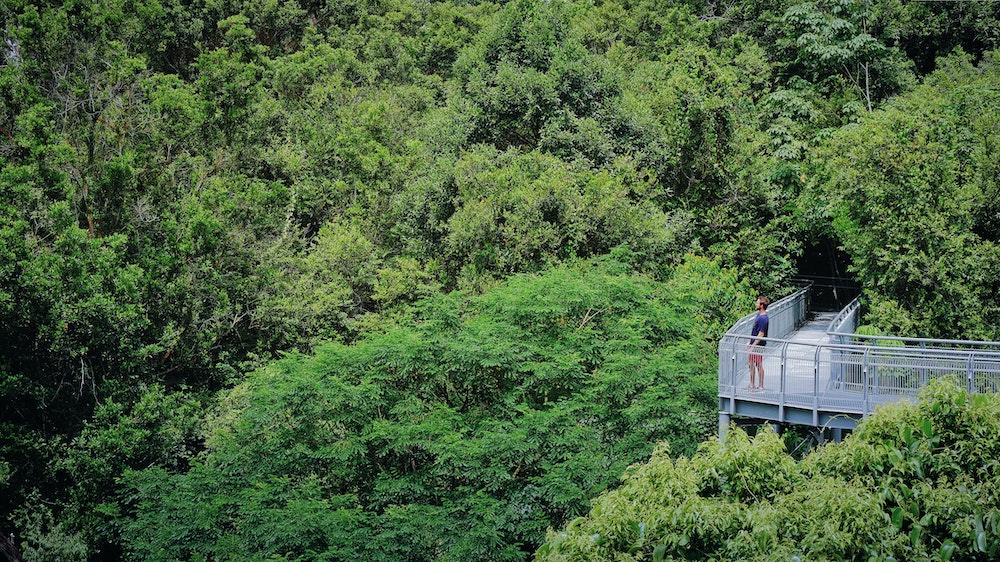
We are exploring concepts such as self-reliance, right livelihood, just recovery, post-growth, and new ways of interacting within tightly-knit communities. Anxiety about the future shouldn’t derive from money and fixing the economy; we should question our purpose in order to consider the future afresh. Do we recognise what’s most important when we’re unable to meet family and friends, and can only shop for essentials?
Some positive changes are already emerging, as cities become more pedestrian- and bicycle-friendly and international cooperation and solidarity is on the rise, while local communities support the elderly and the vulnerable.
On these bases, in an imagined future reality, we could job-share with others and eradicate “bullshit jobs”, have time to use our skills for helping others, regenerate the environment by growing our own food and volunteering to plant trees. We could have a fair say on who our leaders are, and contribute actively to local governmental bodies. All because we wouldn’t have to think non-stop about the most basic needs, such as rent and food.
What would your better world look like?
Further Reading
Story of Change | Work Less, Gain More? The 4 Day Working Week
Story of Change | Back from the Brink: How the World Rapidly Sealed a Deal to Save the Ozone Layer
Story of Change | Growing Our Way Out of Crisis: How to Dig for Victory
Increasing Self-Reliance and Living Ethically
Featured image by Javier Allegue Barros on Unsplash
